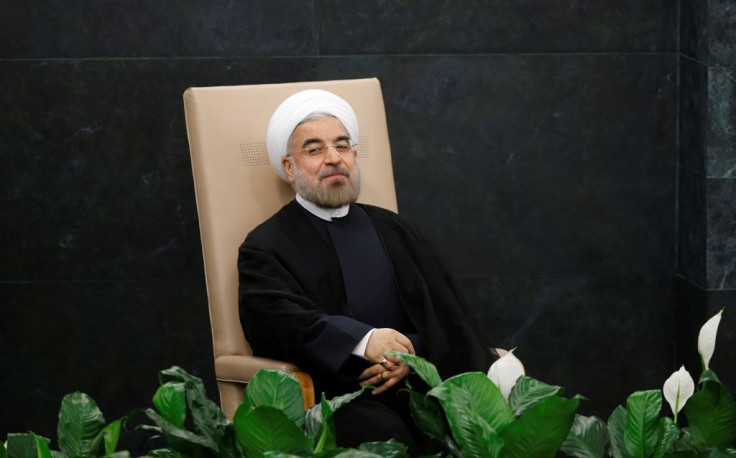‘Iran Follows International Regulations In Nuclear Activities’: South Korea

South Korea believes that the Iran nuclear deal will be a major boost to international relations. Kang Chang-hee, the speaker of South Korea's National Assembly, said Wednesday that the negotiations between Iran and six world powers marked the start a new chapter.
Kang, speaking at meeting of the Iran-South Korea Parliamentary Friendship Group, said that Iran had proved its resolve and sincerity in its nuclear talks with world powers. He expressed his hope that Russia, China, Britain, France, Germany and the United States would now recognize Iran's good faith and finalize the deal.
Kang’s comments came as U.S. officials claimed that the Obama administration was doing its best to prevent Iran from using nine recently acquired Airbus Group SE jets. Iran wants to use the planes on international flights.
Press TV reported that, according to Kang, Iran was abiding by international regulations with regard to its nuclear activities. He talked particularly about the Non-Proliferation Treaty.
The U.S. official said that his country would continue to uphold sanctions against Iran even though the nuclear talks had entered an advanced stage. “We have identified the planes in question and listed their tail numbers,” the official said, according to the Wall Street Journal. “I have been quite explicit with the Iranians that we will try to disrupt this action because Mahan Air has been a designated entity for some time.”
The U.S. Treasury Department imposed sanctions on Mahan Air after the Tehran airline was reportedly found to be involved in transferring weapons for the Syrian government and for Hezbollah, which is based in Lebanon. Nonetheless, Mahan managed to buy the planes in May, allegedly using Al-Naser Airlines in Iraq as a negotiator.
Meanwhile, the United States has asked Iran to live up to its nuclear transparency obligations. A statement issued in Vienna Thursday referred to a preliminary deal outlined in April under which Iran is required to provide early notification of the construction of any new nuclear facilities, Reuters reported. Laura Kennedy, the U.S. ambassador to the International Atomic Energy Agency, told the board that it was necessary for Iran to implement the provisions of Modified Code 3.1 immediately.
Senior European leaders, meanwhile, returned to Vienna Wednesday to resume talks. The Obama administration said that it would seek to avoid dragging them out, as it would delay the process of easing sanctions against Iran.
© Copyright IBTimes 2025. All rights reserved.





















